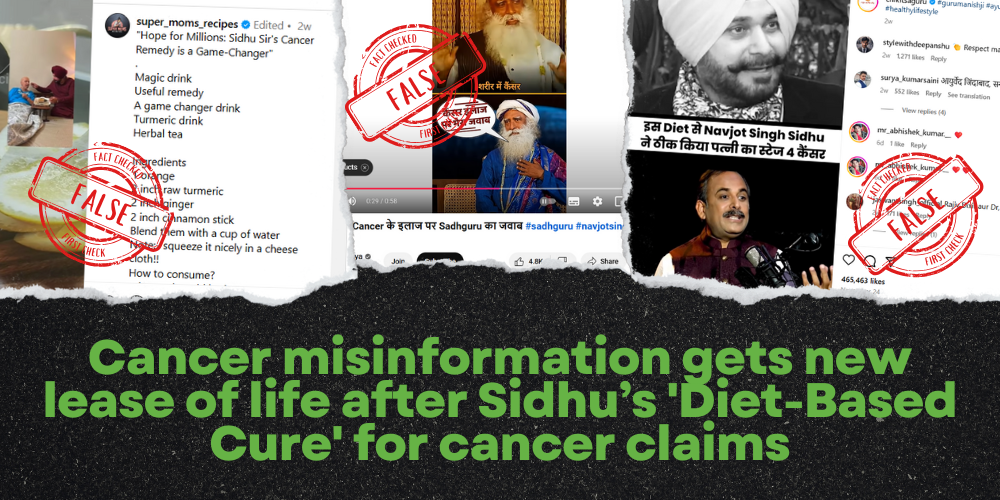Home-made blend of onion, lemon and honey will not prevent a heart attack
Author
Author
- admin / 6 years

- 0
- 3 min read

Author
A video viewed millions of times claims that heart attacks can be prevented by drinking onion juice mixed with lemon and honey. The claim is misleading.
By Sista Mukherjee
A YouTube video from a channel Gharelu Nuskhe with 1.16 million subscribers, viewed millions of times claim to prevent heart attacks with a mix of onion, lemon, and honey. The claim is false as there is no scientific evidence or research to prove that drinking this concoction can prevent heart attacks. The video goes on to claim that people who have suffered a heart attack should drink this or people who anticipate a heart attack should also drink this.
The video criticizes procedures like angioplasty saying they are very costly and risky. In turn, it highlights that there are no side effects of this brew, so people can drink without any worry.

The video further claims that this concoction helps to remove the blockage and purify the blood. The video explains that lemon has antioxidants and helps in blood-thinning whereas onion juice helps to reduce cholesterol.
We asked our fact check member Dr. Maulik Patel about this claim who is a consultant physician at Divine Life Hospital and Managing Director at Medicaid Healthcare LLP in Kutch, India. He said, “Mixing onion juice with honey and lemon has high antioxidative properties but can cause gastritis and can interact with blood thinners.”
“Hence it is not recommended for people with heart conditions or those who are on medications.”
It is true that onions contain compounds, antioxidants and also have anti-inflammatory properties that help reduce risk factors for heart disease but cannot prevent someone from a heart attack and further studies are required to understand the relationship.
Dr. Patel explained that eating onions may not cause any serious concerns but can cause problems for some people. The carbohydrates in onions may cause gas and bloating, according to the National Digestive Diseases Information Clearinghouse.
He further directed us to a study by the University of Maryland Medical Center which explains that the quercetin in onions may help prevent plaque buildup in the arteries, which reduces the risk of heart attack and stroke. But since most of the studies in this regard have focussed on animals, more research is needed to understand the effects in humans. Dr, Patel explained that lemons are a good source of vitamin C and honey contains many important antioxidants.
Overall, the ingredients mentioned in the video may not harm health in general but should not be practiced as a cure to prevent heart attacks.
Our earlier stories that have debunked at-home practices for heart attacks have advised against such practices. If an individual is suffering from a chronic disease, always seek medical advice. If an individual suffers a heart attack or stroke, the best approach is to go to an emergency room as soon as possible.









